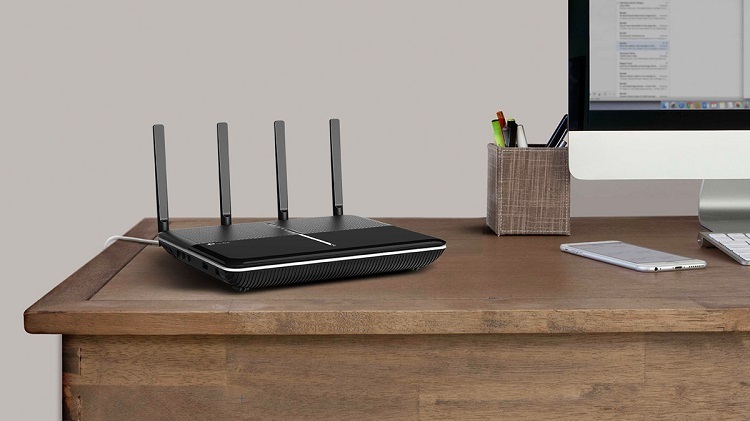While most people are familiar enough with their computer, laptop, and tablet, they’re much less familiar with the wireless router they use at home. They want the right performance level and wireless coverage, but they’re not even sure what the specs mean, or how to read them. Here’s a quick guide to choosing a wireless router for your home.
Figure Out if you Actually need a Wireless Router
First things first—do you actually need a wireless router? If you have a home office and a single desktop or laptop, then you probably don’t, because you can use a wired connection. However, in today’s ultra digital, super mobile age, most households have multiple devices that need a connection. It’s also far simpler to use a wireless router if you happen to have multiple computers in the home, rather than wiring the whole house.
Think about what your Network needs are.
Are you a casual user, needing internet for activities like light emailing, social media, and surfing the web? Or are you a hardcore gamer, media hobbyist, or entrepreneur. Single band wifi routers are more than adequate for casual users, and they typically offer very simple set up and are user friendly. But if you need a router than can handle heavy bandwidth (think HD video streaming), you’ll want to look for something that can do some heavy lifting.
Single vs. Dual Band
“Bands” refer to the frequencies on which the routers transmit. Single band routers operate on the 2.4 GHz band and are perfect for users who don’t have demanding network requirements. Dual band routers utilize both the 2.4 and 5 GHz bands, and are more suitable for heavy users. Take note, however, that the 5 GHz band doesn’t hold up to distance quite as well as the 2.4 GHz band, despite handling heavier traffic, so it will need to be placed accordingly.
Speed
Router speed is measured in Mbps, so you’ll see that packages are labeled with anywhere from 300 to 1900 Mbps speeds. Keep in mind that those speeds don’t really do much for your internet connection; higher speeds are geared more toward internal network tasks, like streaming music.
Security
Most modern routers at http://dzcode.net offer WPA2 security, which is the current highest level of security for wireless routers. If you’re in the market for a new router, you must check to ensure that it meets this standard. For parents, you might also want to look into routers which have built in parental control software capabilities. Nighthawk is a solid choice for parental controls.
IPv6
IPv4 and IPv6 refer to connection types. Right now, most networks still use IPv4. However, if you’re looking for the best home wireless router and you don’t want to have to replace it in the next couple of years, it’s a good idea to get a router by http://www.clickopps.net that IPv6 compatible. That way, you won’t have to go through the process again very soon!




